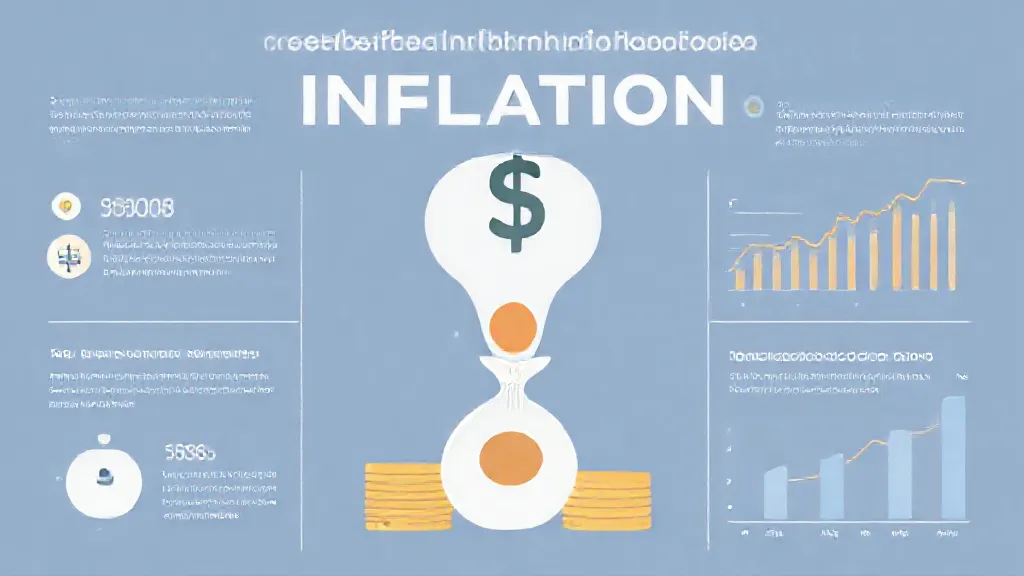Inflation is a critical economic indicator that reflects the rate at which the general level of prices for goods and services rises, eroding purchasing power. Understanding inflation is vital for long-term financial planning as it directly impacts savings, investments, and retirement strategies. As prices increase, the value of money decreases, making it essential for individuals and businesses to anticipate and adapt to these changes to secure their financial futures.
The Mechanics of Inflation
Inflation is typically measured using indices such as the Consumer Price Index (CPI) or the Producer Price Index (PPI). These indices track the price changes of a basket of goods and services over time. For example, if the CPI rises by 3% in a year, it indicates that, on average, prices have increased by that percentage, which means consumers will need more money to purchase the same goods.
Understanding these mechanics helps individuals gauge how inflation affects their purchasing power and financial decisions.
Inflation's Historical Context
Historically, inflation has varied significantly, influenced by factors such as economic growth, monetary policy, and global events. For instance, the hyperinflation experienced in Germany during the 1920s led to drastic changes in savings and investment behaviors.
In the U.S., the inflationary period of the 1970s prompted many to rethink their financial strategies, leading to increased interest in inflation-protected investments.
By studying these historical contexts, individuals can better appreciate the potential future implications of inflation on their finances.
Long-Term Savings and Inflation
One of the most significant impacts of inflation is on long-term savings. Traditional savings accounts often yield interest rates that do not keep pace with inflation, resulting in a decrease in real purchasing power over time.
For example, if an individual saves $10,000 in a bank account with a 1% interest rate while inflation is at 3%, the real value of those savings diminishes. Understanding this dynamic is crucial for individuals looking to grow their wealth over the long term.
Investment Strategies in an Inflationary Environment
Inflation also influences investment strategies.
During periods of rising inflation, certain asset classes tend to perform better than others. For instance, stocks and real estate often provide a hedge against inflation, as their values may increase alongside rising prices. Conversely, fixed-income investments such as bonds may suffer in value as interest rates rise in response to inflation.
Investors must consider these factors when developing a diversified portfolio that can withstand inflationary pressures.
Retirement Planning and Inflation
When planning for retirement, understanding inflation is paramount. Retirement savings must account for the cost of living, which can rise significantly over time.
For example, if an individual plans to retire in 30 years, they must consider how inflation will impact their savings and the purchasing power of their retirement income. Tools such as inflation-adjusted annuities or investments in inflation-protected securities can help mitigate these risks.
The Role of Central Banks
Central banks play a crucial role in managing inflation through monetary policy.
They adjust interest rates and implement measures to control money supply, aiming to keep inflation within a target range. Understanding the actions and implications of central banks can help individuals anticipate changes in the economic environment and adjust their financial strategies accordingly.
Conclusion: Preparing for the Future
In conclusion, understanding inflation is vital for effective long-term financial planning.
It influences savings, investment strategies, and retirement planning, making it essential for individuals to stay informed about economic trends and historical patterns. By acknowledging the impact of inflation, individuals can make more informed decisions, ensuring their financial stability and growth in an ever-changing economic landscape.
